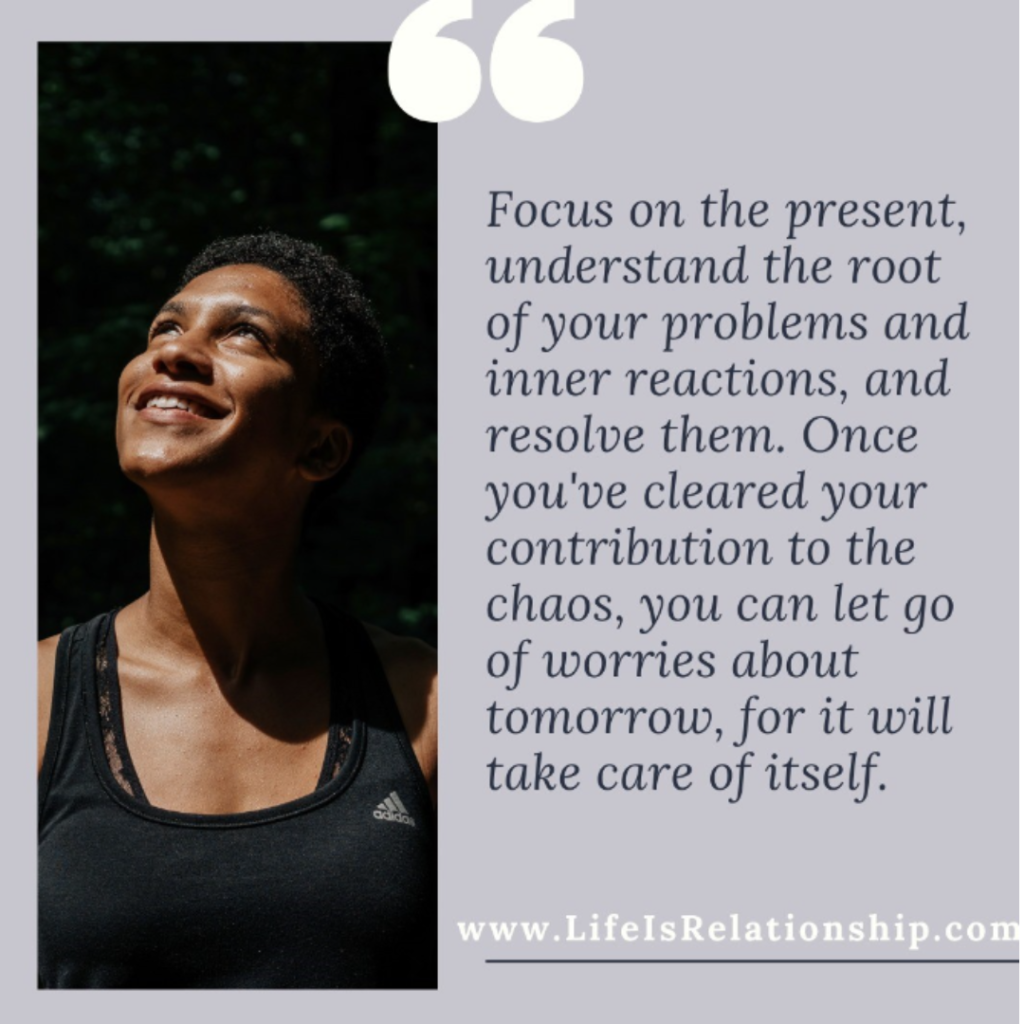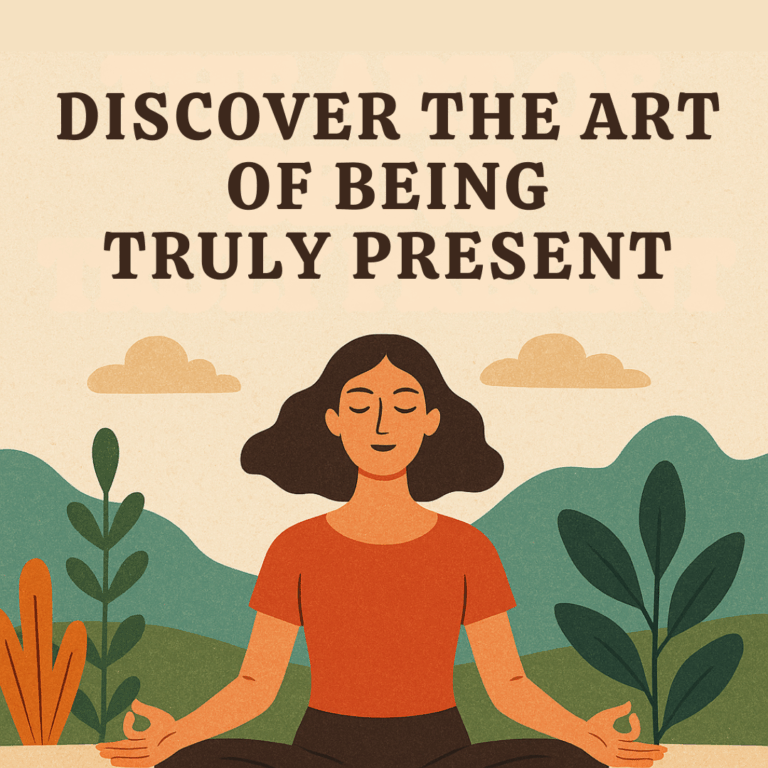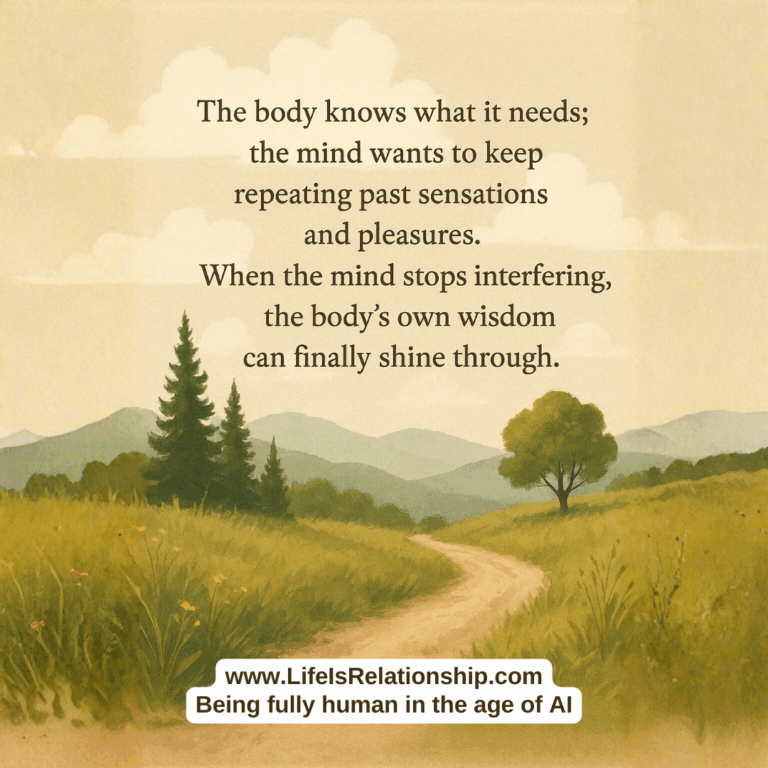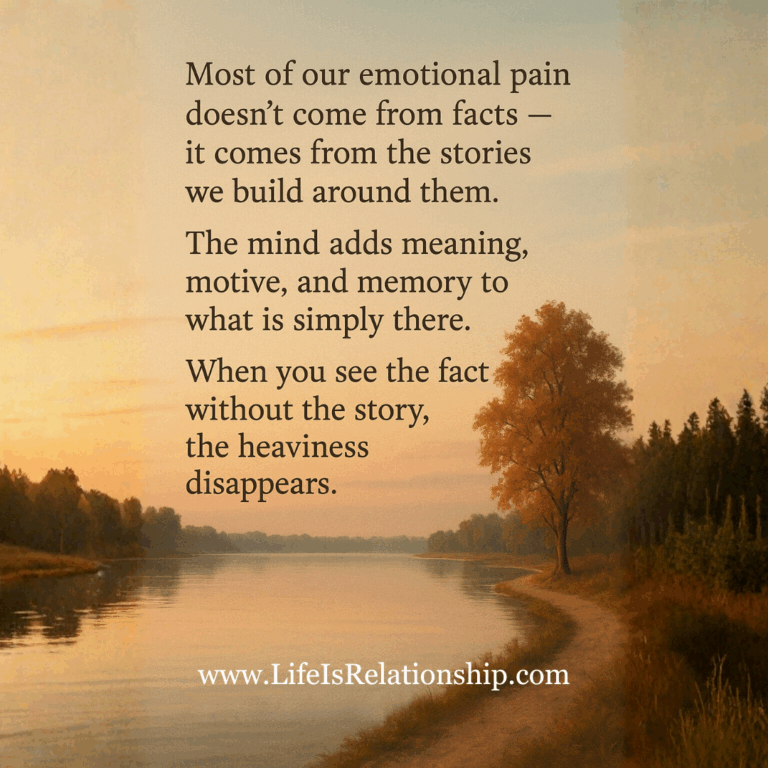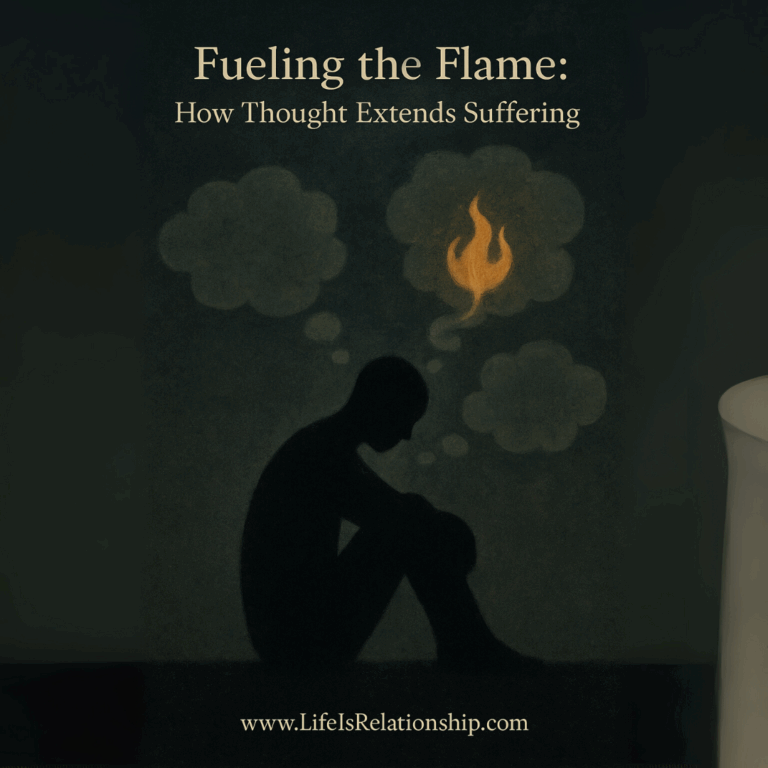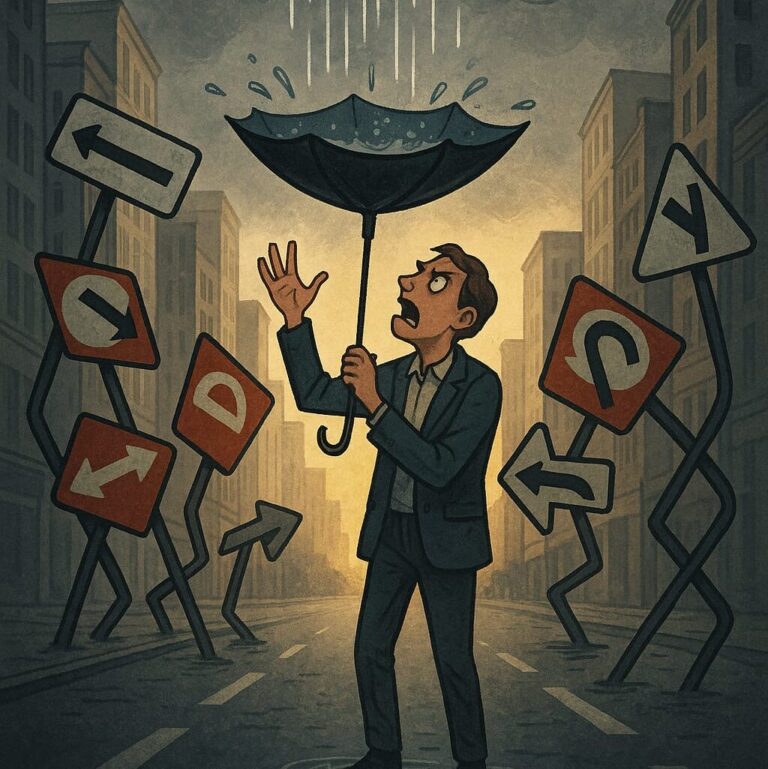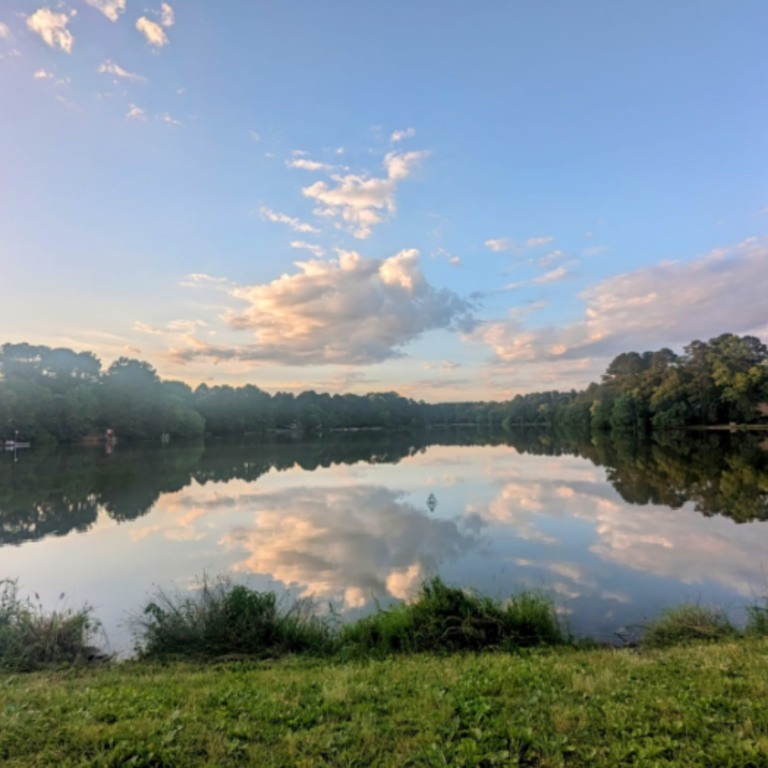Have you ever caught yourself excessively planning for the future, imagining a life where everything falls perfectly into place? It’s a common human tendency, isn’t it? We’re constantly projecting our thoughts into what tomorrow might bring, filled with hopes, plans, fears, and dreams. But why is this? Why do we spend so much mental energy escaping into the future, and what does this mean for how we live today?
The Promise of a Better Tomorrow
Most of us cling to the belief that tomorrow will somehow be better than today. We invest tremendous energy into either fearing potential pitfalls or constructing visions of success and happiness that we believe await us. But have we ever paused to question the origin of this drive? Is it truly helping us, or is it merely an illusion?When we envision the future, aren’t we simply projecting the same desires and fears we experience today? Our thoughts, shaped by past experiences, carry the same patterns of conflict, insecurity, and ambition into the future. We convince ourselves that by building a better tomorrow, we can solve the problems of today. But is this really true?
The Paradox of Future-Thinking
If our minds are caught in anger, fear, or confusion now, what magic wand will make it different tomorrow? Isn’t the future simply an extension of the present? This realization leads us to a paradox: the more we focus on escaping into tomorrow, the less we engage with the present moment where real change can occur.Instead of channeling all our energy into future projections, what if we paused to understand what’s happening in our minds right now? Can we observe how thought, fueled by desire and fear, creates a constant stream of projections that take us away from the present moment?
The Power of Present Awareness
Only by deeply understanding the present—without trying to escape into the future—can we hope for any real transformation. Otherwise, tomorrow will be no different from today. But what does it really mean to be fully grounded in the present moment, accepting things as they are?We often claim to accept reality, but are we truly doing that, or is there still a part of us that wishes things were different? Most of the time, our minds are either resisting what’s happening or trying to change it, pushing us into a constant state of tension.
Embracing True Acceptance
Can we genuinely observe life without this urge to fix or escape? It’s not about passively giving in or being resigned to circumstances. Real acceptance means being aware of what’s happening within us—our thoughts, emotions, and reactions—without judging or trying to control them.When we stop fighting against the flow of life, a certain freedom arises. We can respond to challenges more clearly, without being driven by fear or the desire to shape everything to our expectations. Could this be the space where true understanding and action come from?
Breaking the Cycle
If the present is filled with tension, anxiety about the future, frustration about the situation, and turmoil of desires and ambitions, then we carry that forward into the next moment, perpetuating a cycle of conflict that shapes our future.By focusing on the present and understanding the root of our problems and inner reactions, we can begin to resolve them. Once we’ve cleared our contribution to the chaos, we can let go of worries about tomorrow, for it will take care of itself.In the end, perhaps the key to a better future lies not in constantly escaping into it, but in fully embracing and understanding our present. After all, isn’t now the only moment we truly have?
